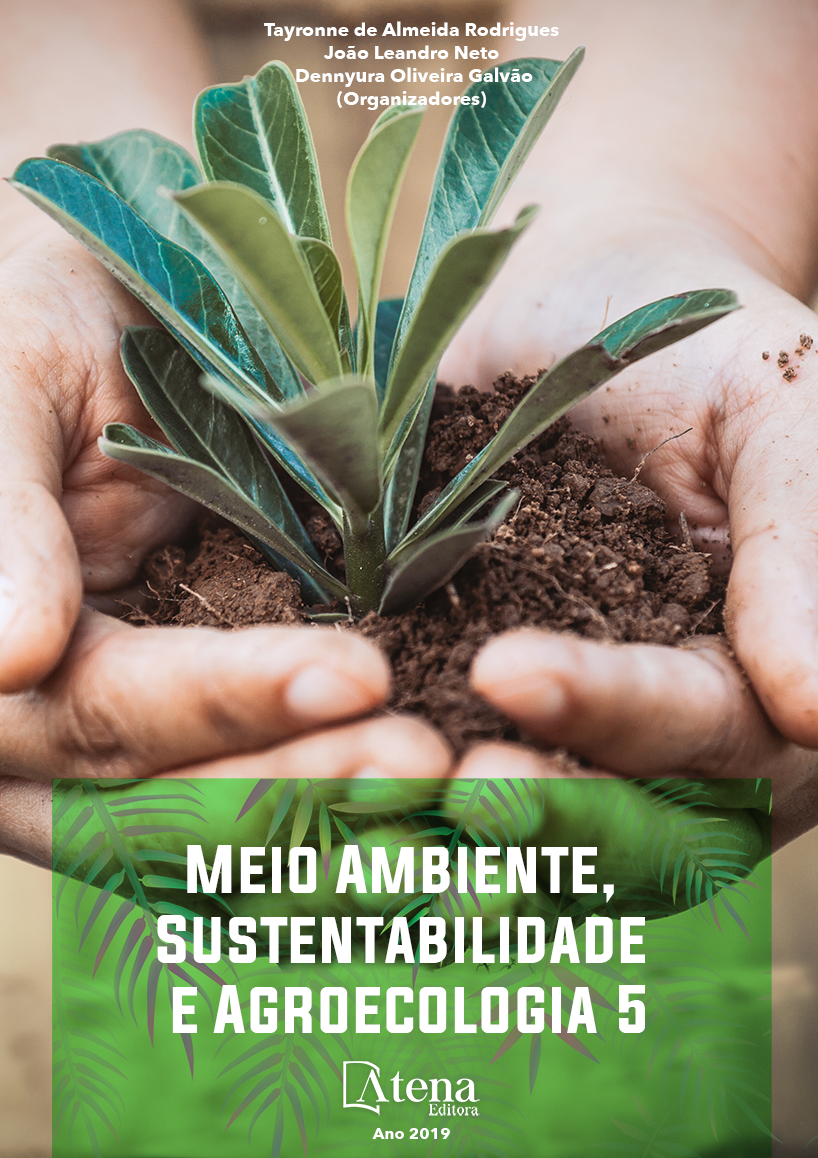
USO E MANEJO DO BACURI (Platonia insignis Mart.) POR COMUNIDADES EXTRATIVISTAS NO CERRADO MARANHENSE
A Reserva Extrativista (Resex)
Chapada Limpa, em Chapadinha no Maranhão,
foi criada em 2007 visando conservar a
biodiversidade do Cerrado e proteger as
comunidades locais que dependem do
extrativismo do bacuri (Platonia insignis) para
sua subsistência. O objetivo deste trabalho
foi compreender como essas comunidades
interagem com os recursos vegetais da Resex,
e em especial como usam e manejam o bacuri.
Para isso, foram entrevistados 34 extrativistas
de três comunidades dentro da Resex (Chapada
Limpa I, Chapada Limpa II e Juçaral). Além das
entrevistas semi-estruturadas e de conversas
informais nas comunidades, foram realizadas
observações diretas em campo. A maioria dos
extrativistas (94%) faz manejo nos bacurizais,
seja através de limpeza, roçagem e/ou por
queimadas controladas. Todos os entrevistados
coletam o fruto do chão e algumas famílias
chegam a coletar mais de 500 frutos em um
único dia durante a safra. A diminuição da
produção dos bacurizais é percebida pela
maioria dos extrativistas (88,2%), entretanto o
plantio da espécie não é praticado por nenhum
extrativista entrevistado. A sustentabilidade
da produção e a conservação do bacuri no
longo prazo dependem da implementação
das normas reguladoras de manejo e coleta
pelos órgãos gestores da Resex. Além do
bacuri, foram mencionadas outras 54 plantas
úteis utilizadas pelas comunidades. Algumas
delas têm potencial de mercado e podem
garantir a diversificação da renda das famílias
extrativistas, diminuindo assim a pressão sobre
o bacuri.
USO E MANEJO DO BACURI (Platonia insignis Mart.) POR COMUNIDADES EXTRATIVISTAS NO CERRADO MARANHENSE
-
DOI: 10.22533/at.ed.31619160415
-
Palavras-chave: Maranhão, Cerrado, extrativismo, etnobotânica, populações locais
-
Keywords: Maranhão, Cerrado, extractive reserve, ethnobotany, local populations
-
Abstract:
The Extractive Reserve (Resex) Chapada Limpa, in Chapadinha, state of
Maranhão, was created in 2007 to conserve the biodiversity of the Cerrado and protect
the local communities that depend on the extractivism of bacuri (Platonia insignis) for
their subsistence. The aim of this paper was to study the interactions between the
communities and the plant resources of the Resex, especially the use and management
of bacuri. For that, 34 extractivists from three communities within the Resex (Chapada
Limpa I, Chapada Limpa II and Juçaral) were interviewed. In addition to the semistructured
interviews and informal conversations in the communities, direct observations
were made in the field. Most of the extractivists apply management practices (94%), as
weeding, thinning and/or controlled fires. All the interviewees collect the fruit from the
ground and some families collect more than 500 fruits in a single day during the harvest
period. The decrease of the production of bacuri trees is perceived by the majority of
the extractivists (88.2%), however the planting of the species is not practiced by any
interviewed extractivist. Sustainability of the production and conservation of bacuri in
the long term depend on the implementation of the regulatory norms of management
and harvesting by the Resex managers. In addition to bacuri, 54 other useful plants
were mentioned by the communities. Some of them have market potential and can
guarantee income diversification to local communities, thus reducing pressure on
bacuri
-
Número de páginas: 15
- Danielle Celentano
- Francisca Helena Muniz
- Ariadne Enes Rocha
- Vivian do Carmo Loch


